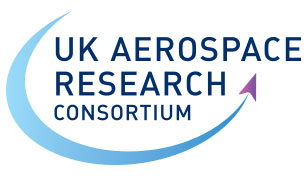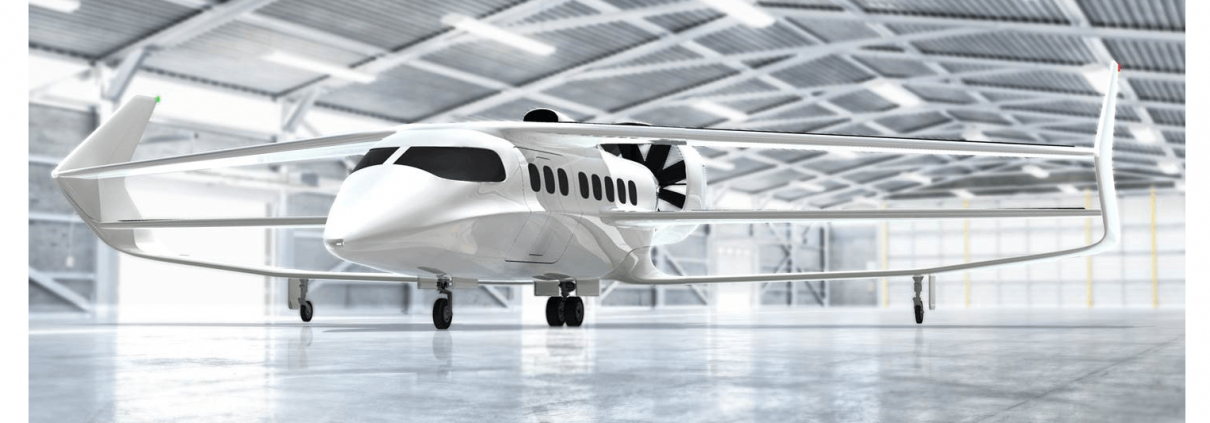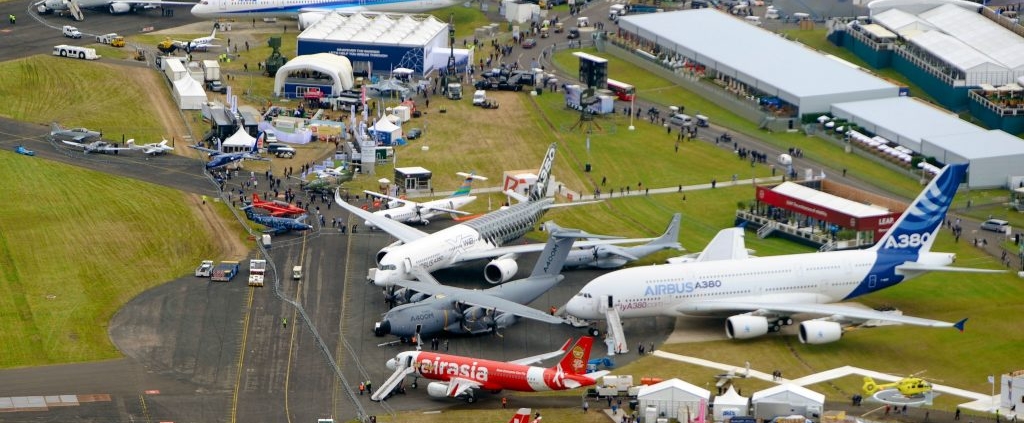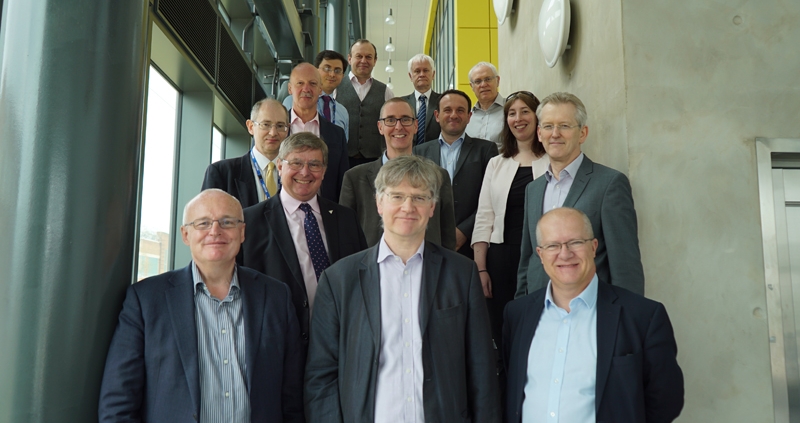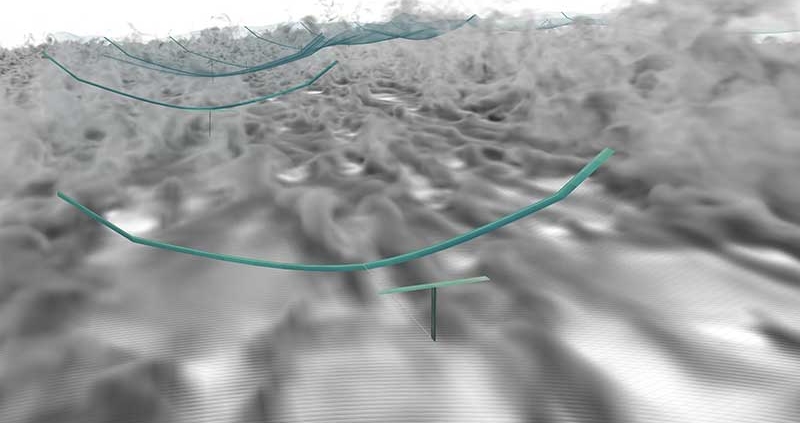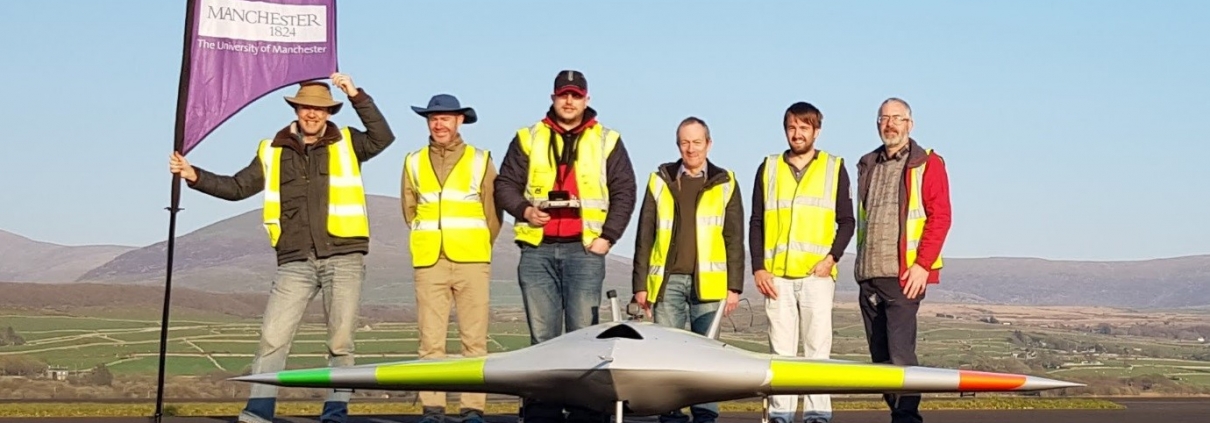Following the autumn 2020 EPSRC panel meeting funding was confirmed for the UK-ARC network. The UK-ARC has now appointed a Network Manager, Roger Gardner to build its work and profile. Roger has experience working in aviation and aerospace research in academia, research organisations and industry and brings a background of familiarity with the UK-ARC membership, the research challenges and many of the stakeholders.
Roger said of his appointment ‘It is a privilege and pleasure to be helping this stellar group of aerospace universities to influence and support the UK research agenda for the benefit of industry. The UK-ARC can add real value by linking the many capabilities across its membership and providing a much simpler route for industry to secure the intellectual research horsepower it needs to bring innovation to market. Leveraging international connections, targeting research programmes to strategic need and strengthening the academic voice in national aviation discussions are key challenges for the network to grapple with going forward. I look forward to working across our wide community to achieve these aims.’
As it develops, the UK-ARC Network aims to become the coordinating voice of the academic research base to assist the UK Aerospace and Aviation industry: a portal to the wealth of research capability to innovate and to support UK ambitions to drive forward the emerging technologies that will shape a sustainable future for aviation.
Whatever the growth trajectory of aviation may be after the Coronavirus, the environmental drive to exploit electrification technology, new sustainable fuels and new aircraft concepts will tax industry and academic researchers globally. Add to that the rise of drone services, urban/rural air mobility and new sub-regional aircraft incorporating increasing degrees of electrification and autonomy, there is need for collaboration and clarity of vision as never before.
The UK-ARC network, facilitated by the network grant, will strengthen connectivity, co-creation of research delivered by UK-ARC members and partnering across a wide range of challenges. Beyond the core domain of aerospace technology design, test and demonstration, UK-ARC members work with Airlines, airports, fuel companies and air traffic service providers. The breadth of UK-ARC partners brings a holistic view to address system-level solutions that accelerate industrial product development.
The support from EPSRC enables the UK-ARC Network to:
- support UK strategy development by refining and communications the academic view of research potential and priority. Clusters of excellence around a number of timely research themes (Alternative energy sources, More energy-efficient aircraft , Optimised flight operations and future airspace management, More sustainable manufacturing, Optimising ground operations, More sustainable through-life engineering services) are being developed. This will result in strategically aligned, high quality research proposals that will have a positive and significant impact on the sector’s environmental and industrial ambitions;
- strengthen and expand research partnerships between UK-ARC, the Aerospace Technology Institute and other relevant national and international institutions;
- launch a new international researcher placements programme between UK-ARC and international aerospace research bodies to create an international network of researchers. Early career researchers will be the catalysts for developing the networks and so establish long lasting cross institutional international relationships
Read more about the grant proposal and approval here https://gow.epsrc.ukri.org/NGBOViewGrant.aspx?GrantRef=EP/V009354/1
